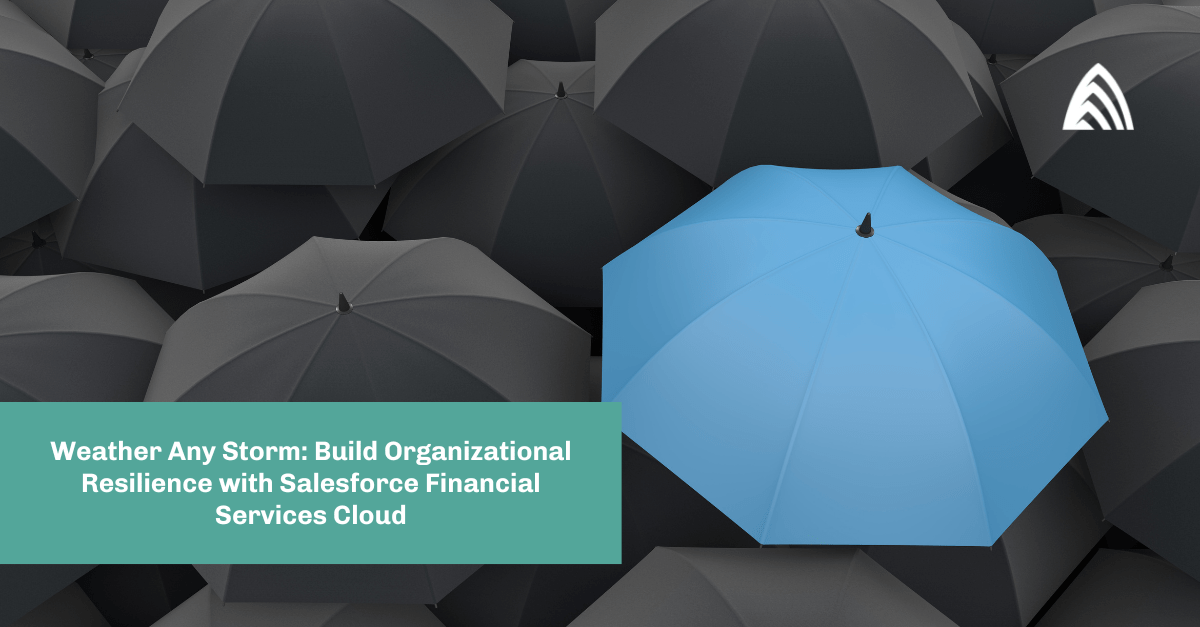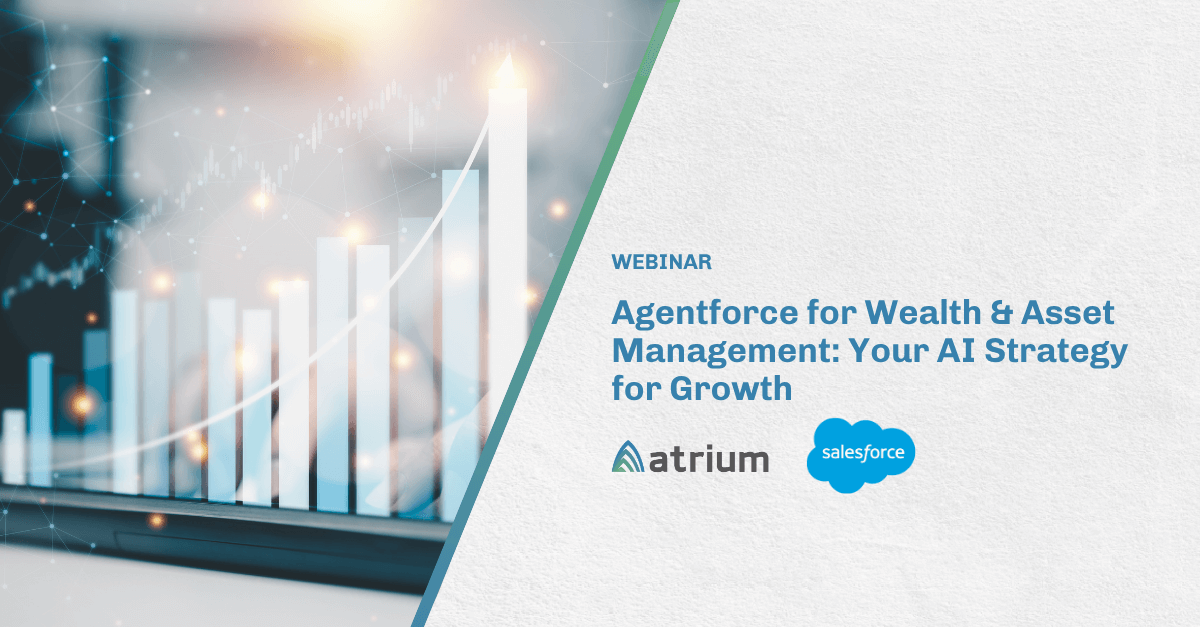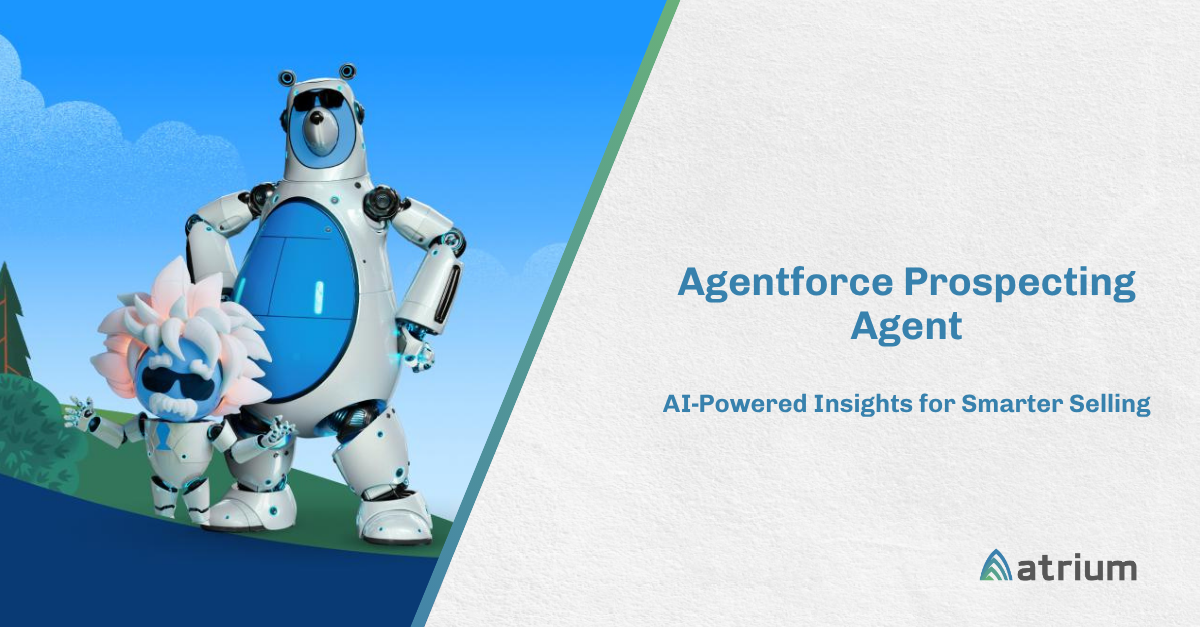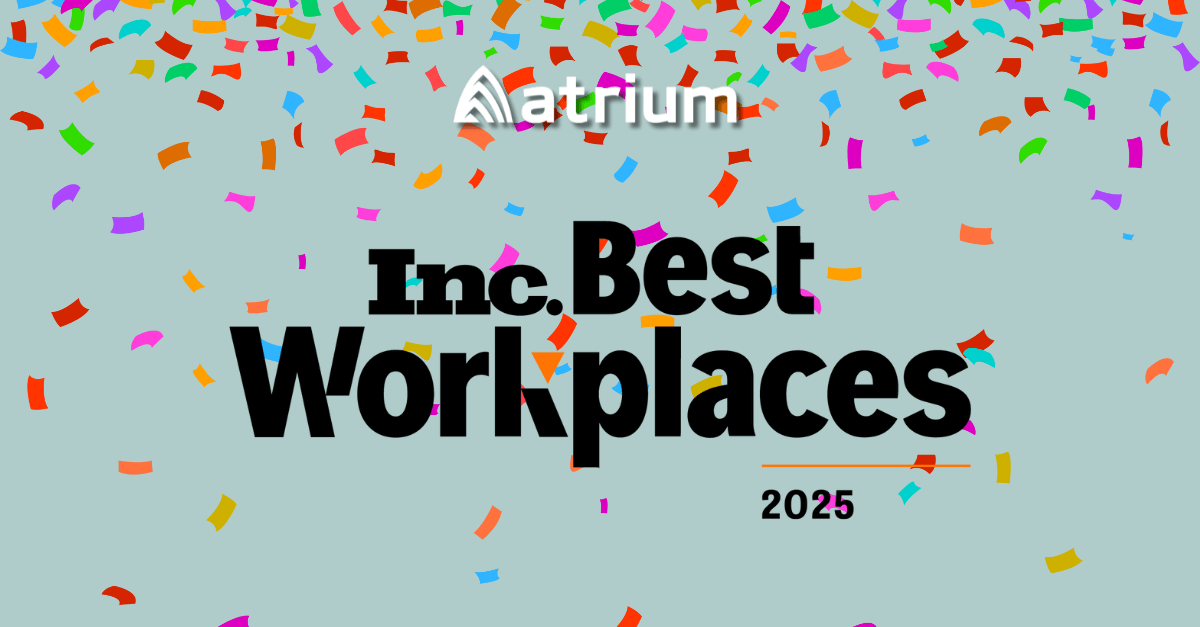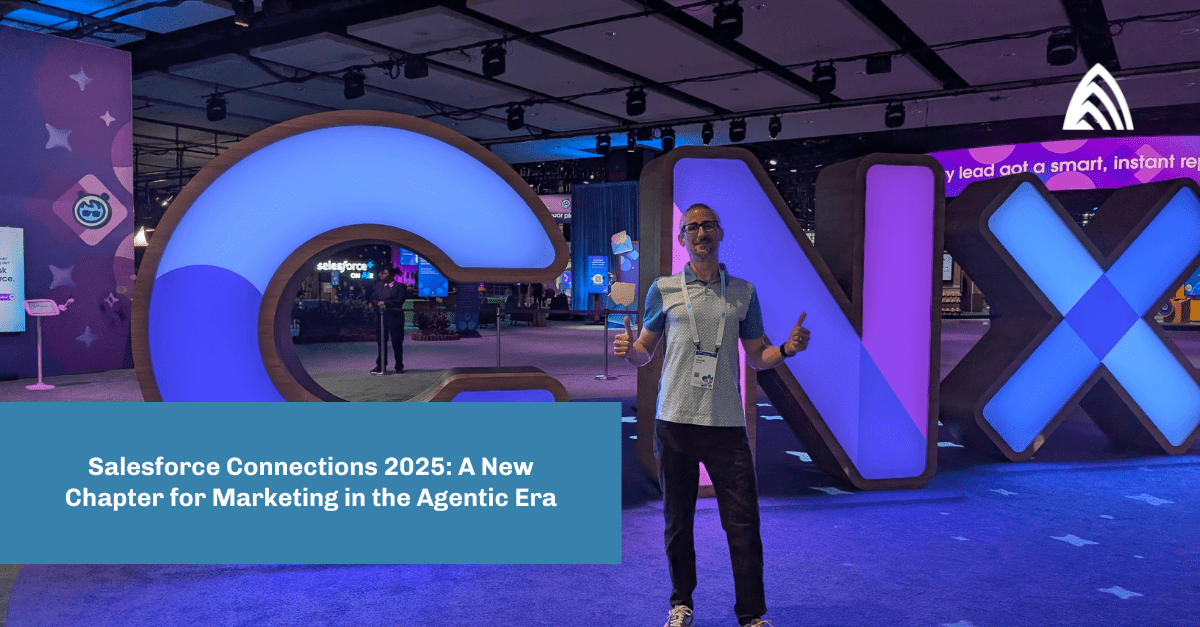As a graduate of Butler University with a degree in Mathematical Economics, an Analytics Consultant at Atrium, and a Tableau Certified Partner Consultant, one thing is clear to me as we continue through the 21st century: data, specifically the insight we gather from it, is a significant asset in today’s business climate. No longer is storytelling with data a luxury for companies, it’s a necessary arrow in the quiver.
Why Tableau?
Tableau is perhaps best known as a visual analytics tool that allows businesses to intelligently display their data on interactive dashboards. However, the tool has more than meets the eye. Through its multiple product offerings, Tableau can be a powerful end-to-end data solution.
The internet is plentiful with powerful Tableau use cases, but the platform can be especially useful within certain industries. For those in the financial services industry, Tableau can help with moving past spreadsheets for cash flows and expenses and into rich and interactive dashboards. Within life sciences, Tableau can help customers better understand public and private patient data so they can efficiently allocate resources and improve care. Tableau’s abundance of supported connectors can also help high tech companies manage their robust systems.
Salesforce Analytics: Tableau and Tableau CRM
Purchased by Salesforce in 2019, Tableau is unique in its ability to build hands-on, dynamic visualizations. Another Salesforce reporting tool, Tableau CRM (formerly known as Einstein Analytics), can also satisfy customer’s visualization needs by displaying dashboards within a Salesforce instance. Atrium’s Director of Analytics, Greg Barlin, recently wrote about the strengths and use cases for each tool.
Regardless of which tool is chosen, both have the ability to serve as an end-to-end analytics solution. If an organization is just starting on its data journey, Tableau has data governance roadmaps, security, and administration to make business intelligence scalable. They touch every point of the data journey from prep to visualization. If you team these factors with an unparalleled user community, it’s easy to see why over 50,000 companies use Tableau for self-service analytics.
Get Help On Your Data Journey
While businesses may feel ready in their ability to prep and visualize their data, it can still be advantageous to use a Tableau partner. Partners can be thought of as holistic helpers on a company’s data journey. Not only are Tableau partners deeply experienced in Tableau’s product offerings and capabilities, but they also have preexisting knowledge of data ecosystems and data strategy to help fill in the gaps where a company may be lacking.
Atrium’s Team of Tableau Experts
Our team here at Atrium specializes in systems of intelligence, including both Tableau and Tableau CRM. Not only does our analytics team have vast business intelligence experience, but we can also help with making Tableau speak to existing systems. All of Atrium’s Tableau Certified Partner Consultants double as Salesforce experts — and the team is littered with AWS, Snowflake, and Mulesoft specialists. Data clouds such as these aid in seamlessly moving data across systems, allowing information to be stored in one platform and displayed in another.
Additionally, Atrium’s team of data scientists can use Tableau’s native connectors to surface models from R, Python, and Einstein Discovery. When looking for a Tableau partner to integrate your systems and provide comprehensive guidance on your company’s expedition to actionable insights, the Atrium team is unmatched.
A last note on Tableau for beginners: Use the tool to its full capabilities. Extend beyond spreadsheets!
Learn more about Atrium’s analytics expertise and services.

